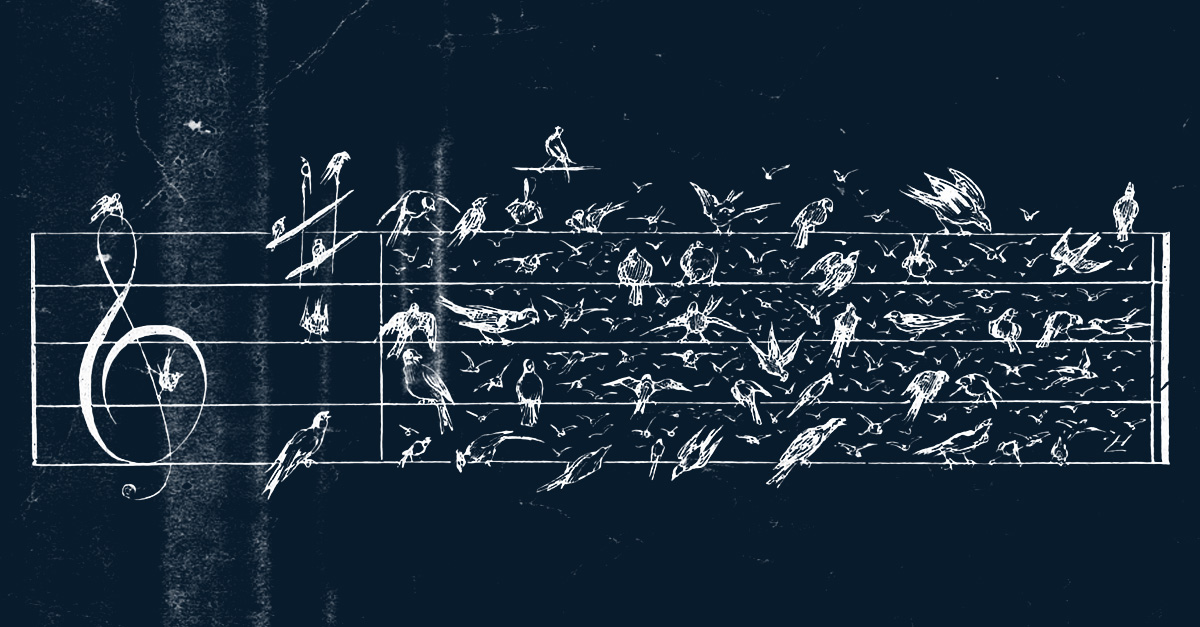Simon Cowell, the music mogul, recently parted ways with Little Mix, the girl group he supported and signed after they won the X Factor in 2011. The stated reason? He had a falling out with their management company, Modest Management, over the songwriting splits on their single “Woman Like Me.”
Some may think it’s a drastic move over a minor issue, but such fallouts are more common than ever before, especially given the exponential growth in the number of credited songwriters on today’s big hits.
Splits are the concept that leads to songwriting crediting headaches like these.
And every songwriter and musician who distributes their music should understand what they are and why they are important. It will save you a lot of trouble later on.
However, splits are not always straightforward. So, to help you understand splits better, here’s everything you need to know.
Bonus: If you want to know more about how to mix Drumbeat, read more here!
The fundamentals: who owns what?
Before you begin, it is critical to understand the two types of copyright for a record:
- The master right is the ownership of the sound recording, which the label typically holds.
- The composition right, also known as the publishing right, is the ownership of the underlying song.
The songwriters and their publishers share this composition right. Before they release the record, all parties must agree on the percentage each receives (the split).
What is a fair split?
Artists and aspiring songwriters frequently ask me what kind of share they should request when collaborating with other writers.
Do you want to collaborate with them again? If so, divide equally.
Sometimes the question stems from their belief that they accomplished more than the other writer (s). “Do you want to work with them again?” is always my first response. If so, divide equally.”
The typical response is that they created both the melody and the lyrics and thus deserve more. But, my point is that it’s difficult to quantify the value of someone’s contribution.
Partnership splits
The Lennon-McCartney collaboration is perhaps the most famous example of songwriting collaboration.
In retrospect, we now know that certain Beatles songs were written by Paul and others by John, but they were all equally credited to both. There might be arguments that they were greater than the sum of their parts.
Perhaps the fact that they had to make each other’s approval affect the quality of the songs enough to make them more succinct and appealing to both Lennon’s tougher, more political taste and Paul’s love of beautiful, sweet melodies?
People often fight for their ideas in order to gain a larger share, rather than for the betterment of the song.
Splits that keep the band together
Another risk of dividing the splits based on who came up with what lines is that people will fight for their ideas in order to get a larger share, rather than for the betterment of the song.
Some attribute U2’s longevity to equally dividing each song. And, even giving their longtime manager Paul McGuinness an equal share, as if he were a member of the band.
Everyone in Coldplay gets a cut of each song, regardless of whether Chris Martin came into the studio with a finished composition or not.
Meanwhile, there is a long history of band break-ups caused by resentful band members who believe their contribution was undervalued when one person received 100 percent of the songwriting credit and earned significantly more than the rest of the band.
Songwriting by committee
In Nashville, the rule is to divide it evenly among however many people are present during the writing session.
In Nashville, the rule is to divide it evenly among however many people are present during the writing session.
However, thanks to technology that allows us to work remotely and send files back and forth, this rule no longer applies. It’s not unusual for a DJ or producer to send an instrumental to ten or more “topline” writers. Then, cherry-pick sections from several of them, with a chorus from one, a verse from another, a bridge from a third, and so on.
Contributions that were previously classified as arrangement (and thus ineligible for a share of the publishing) in hip-hop and EDM are now frequently claimed to be songwriting contributions, including drum programming.
When you factor in sampling and the use of hooks from other songs, it’s no surprise that the average number of credited songwriters in the Top 10 streaming hits of 2018 in the US market was as high as 9.1 per track.




